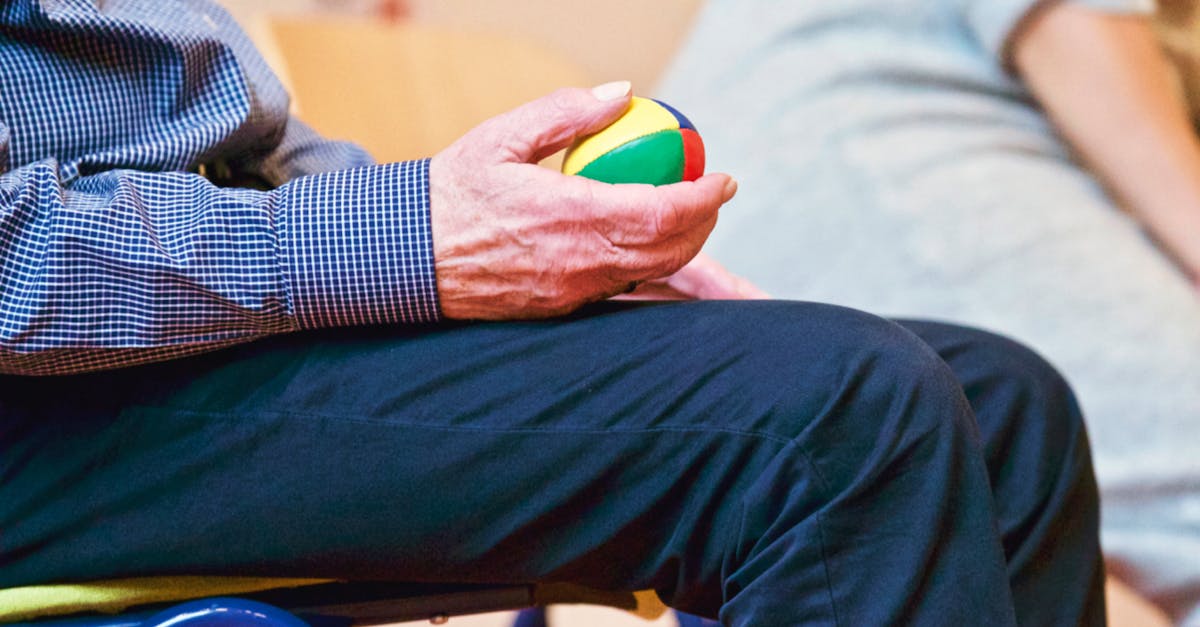
Ways to Improve Family Relationships through Therapy
Effective family therapy serves as a valuable tool in enhancing family relationships and fostering better communication among family members. Through professional guidance and support, families can address underlying issues and work towards creating a more harmonious and understanding environment. Family therapy offers a safe space for all members to express their thoughts, feelings, and concerns, ultimately leading to a deeper understanding and appreciation of each other's perspectives.
Therapists utilise various techniques in family therapy sessions to promote healthy interactions and strengthen familial bonds. Encouraging active listening, empathy, and mutual respect within the family dynamic can significantly improve relationships and promote a sense of unity. By emphasising positive reinforcement and validation of each other's experiences, family therapy can pave the way for sustainable growth and development within the family unit.
Implementing Positive Reinforcement Techniques in Family Interactions
Positive reinforcement techniques are a fundamental aspect of family therapy, aimed at fostering healthier family interactions. By identifying and acknowledging desirable behaviours within the family unit, positive reinforcement can encourage the continuation of such behaviours. This approach focuses on rewarding positive actions, whether through verbal praise, affectionate gestures, or other forms of recognition, to reinforce the importance of these behaviours within the family dynamic. Family therapy sessions often involve the implementation of positive reinforcement techniques to promote a supportive and nurturing environment where family members feel valued and appreciated.
Furthermore, positive reinforcement can play a crucial role in shaping and strengthening familial bonds. By highlighting and reinforcing positive interactions, family members can build trust, enhance communication, and foster a sense of unity within the family. Through consistent application of positive reinforcement techniques during family therapy sessions, families can work towards resolving conflicts, improving relationships, and fostering a more harmonious family environment.
Key Components of Successful Family Therapy Sessions
Successful Family Therapy sessions are characterised by a conducive environment where open communication flows freely among all family members and the therapist. This transparency fosters trust and allows for deep-rooted issues to be addressed effectively. A key component of these sessions is the presence of a skilled and empathetic therapist who guides the family through their discussions, offering insights and tools to navigate challenges constructively. This professional plays a pivotal role in facilitating healthy dialogue and helping family members gain insights into their behaviours and emotions.
Another crucial element in successful Family Therapy sessions is the establishment of goals that are realistic and achievable. Setting clear objectives helps steer the therapy sessions towards productive outcomes, enabling families to work towards growth and development together. These goals act as guiding beacons, providing direction and focus for the therapy process, and creating a framework for measuring progress and success within the family unit.
Setting Achievable Goals for Family Growth and Development
When setting achievable goals for family growth and development in the context of family therapy, it is crucial to ensure the objectives are realistic and measurable. These goals should be specific to the needs of each family member while also addressing the overall dynamics of the family unit. By creating clear and attainable goals, families can work collaboratively towards positive change and improvement in their relationships.
In family therapy, the process of setting achievable goals involves open communication, active participation, and a shared commitment to the desired outcomes. Through guided discussions and interventions, families can identify areas in need of improvement and develop strategies to address challenges effectively. By establishing realistic goals, families can track their progress, celebrate achievements, and ultimately foster a supportive and nurturing environment for personal and relational growth.
How Family Therapy Can Strengthen the Family Unit
Family therapy plays a pivotal role in strengthening the family unit by providing a safe space for open communication and expression of thoughts and emotions. Through the therapeutic process, family members can address underlying issues, enhance understanding, and develop healthier ways of interacting with each other. This leads to improved relationships, stronger bonds, and increased resilience within the family.
Moreover, family therapy equips families with valuable tools and strategies to navigate challenges together effectively. By learning how to communicate constructively, resolve conflicts, and support each other through difficult times, families can foster a supportive and nurturing environment. Ultimately, the collaborative nature of family therapy promotes unity, empathy, and mutual respect among family members, creating a solid foundation for lasting positive change.
Identifying and Changing Unhealthy Behaviour Patterns within the Family
Identifying and changing unhealthy behaviour patterns within the family is a crucial aspect of effective family therapy. Through the guidance of a qualified therapist, families can uncover deep-seated issues that contribute to negative behaviours and dynamics within the family unit. By shining a light on these behavioural patterns, families can work towards understanding the root causes and develop strategies to address and change them. Family therapy provides a safe and supportive environment for members to express themselves openly and honestly, leading to healthier communication and stronger relationships within the family.
In the process of identifying and changing unhealthy behaviour patterns, families may explore past experiences, traumas, and communication styles that have shaped their dynamics. By working together with a therapist, families can learn new, healthier ways to interact and communicate with one another. Through consistent effort and dedication to the therapeutic process, families can replace negative behaviour patterns with positive ones, fostering a more harmonious and supportive family environment. Family therapy empowers families to break free from destructive cycles and build a foundation of understanding, empathy, and resilience.
FAQS
What is family therapy?
Family therapy is a type of psychological counselling that helps family members improve communication and resolve conflicts within the family unit.
What is the most popular form of family therapy?
The most popular form of family therapy is known as the systemic approach, which focuses on the interactions and dynamics within the family as a whole.
How can family therapy help improve relationships within a family?
Family therapy can help improve relationships within a family by addressing underlying issues, improving communication skills, and fostering a greater understanding of each family member's perspective.
How long does family therapy typically last?
The duration of family therapy sessions can vary depending on the specific needs of the family, but sessions generally last between 60 to 90 minutes and can range from a few weeks to several months.
Is family therapy effective in addressing a wide range of family issues?
Yes, family therapy is effective in addressing a wide range of family issues, including communication problems, conflict resolution, parenting challenges, substance abuse issues, and mental health concerns.


